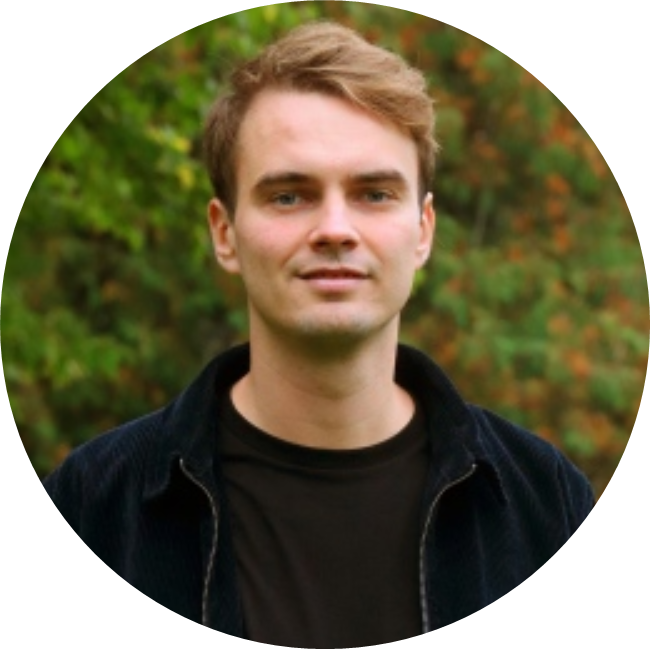Micro-entrepreneurs in low-income countries face complex trade-offs when it comes to their daily labour supply decisions, and often end up working extremely long hours. Evidence gathered by the World Bank suggests that the weekly work average in Sub Saharan Africa can reach up to 50 to 65 hours a week. However, economists lack a deeper understanding of why these patterns arise and what consequences they have for the economic and social livelihoods of micro-firm owners. This project will focus on the following research questions: First, how do small firm owners allocate their time both within and outside of working hours? Second, what drives these patterns and can we elicit micro-firm owners’ preferences on time allocation to obtain a clear picture of the empirical labour-leisure trade-offs they face? Third, what are the causal effects of extreme working hours on productivity, mental health and cognitive functions?
The methodology of this project evolves around three pilot exercises carried out in Uganda. First, the researcher will pilot a detailed time use survey instrument specifically designed for micro-entrepreneurs. This will help to provide evidence on central correlations of time use and entrepreneur characteristics. In parallel to this, he will test a novel data collection method with a small subsample based on Unstructured Supplementary Service Data (USSD) technology, which the sampled firm owners usually use to access airtime and mobile money services. Second, he will adopt a discrete choice experiment designed to elicit entrepreneurs’ preferences of time allocation to better understand their labour supply decisions. Third, to estimate the causal effects of decreasing extreme working hours on individual well-being, cognitive functions, productivity and firm performance, the researcher will conduct a large-scale intervention which will randomly vary working hours for firm owners. Altogether, the sample will consist of 120 micro-firm owners.
In terms of policy relevance, the datasets and findings of this project will provide policymakers with insights for the design of inclusive, attractive and healthy work opportunities for micro-entrepreneurs, who represent the majority of the workforce in many low-income countries. Policies that provide work environments which enable micro-entrepreneurs to efficiently allocate their time across business activities can unlock higher growth and employment in many micro-firm industries. Ensuring that micro-entrepreneurs can decrease the mental and physical strain that arises from work-related activities can be an important step towards poverty alleviation.




